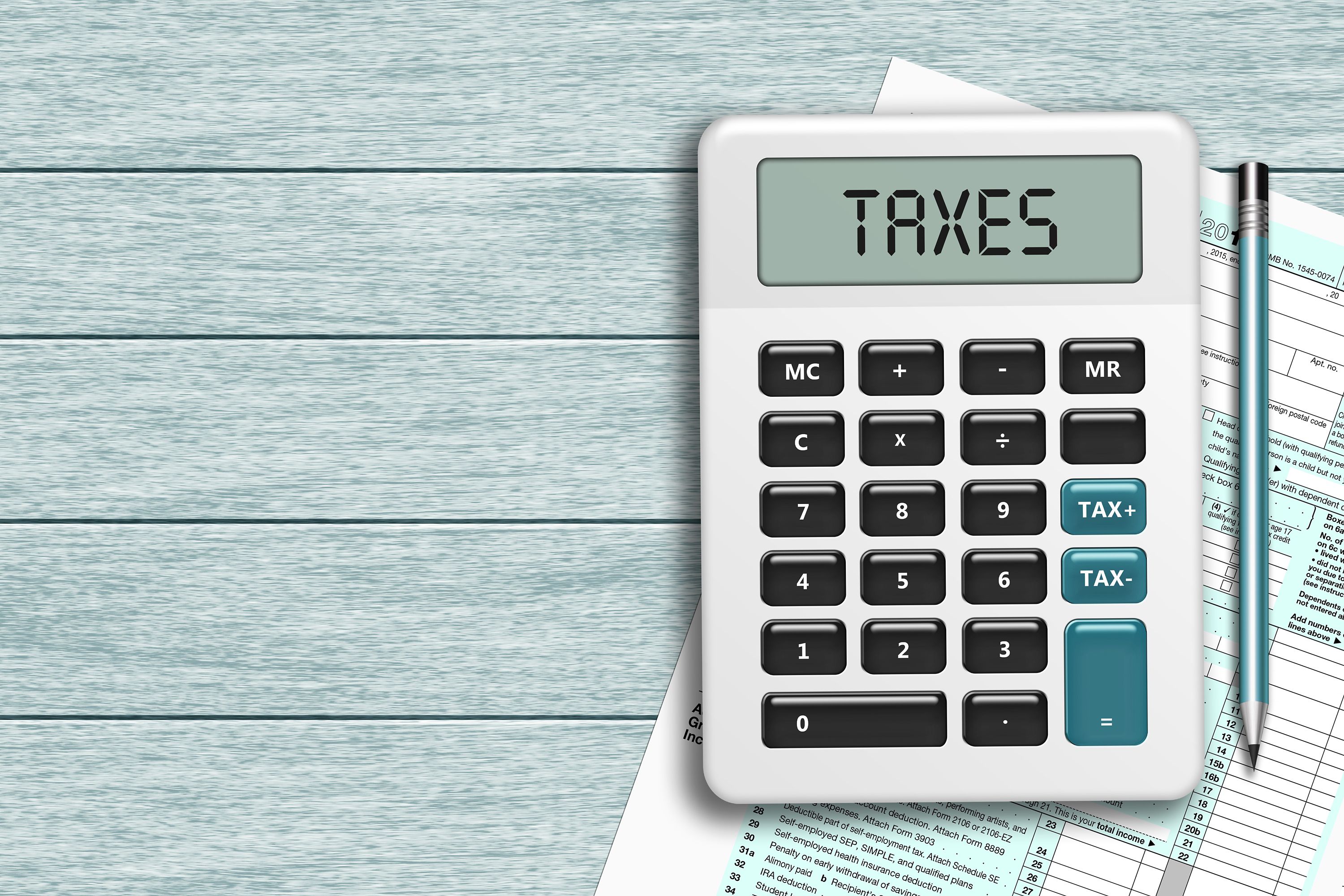Proposed Individual Income Tax amendments signal significant changes to the taxation of individuals in China
Proposed Individual Income Tax amendments signal...
Hong Kong Tax Alert - Issue 10, June 2018

On 19 June 2018, during the third session of the Thirteenth National People’s Congress of the People’s Republic of China (“PRC”), Mr Liu Kun, the Minister of Finance, Ministry of Finance of the PRC, outlined the proposed amendments to China’s individual income tax (“IIT”) rules. Mr Liu confirmed that the draft amendments have been agreed by the State Council.
Mr Liu delivered two important messages about the coming PRC Individual Income Tax (IIT) reform, as follows:
- The IIT reform is intended to reduce the tax burden of the working class and deepen reform of the income distribution system by raising the IIT threshold, aggregating income in the similar nature for taxation and introducing additional special deductible expenses
- At the same time, the IIT reform will revise existing regulations that are not consistent with international practice to promote IIT reform, close existing loopholes and protect the integrity of the national tax base
Although a number of changes have been signalled, the most attention-grabbing proposals are the proposed change to tax residence and the introduction of a general anti-avoidance rule (GAAR) for IIT.
Tax residence changes: the end of expatriate tax breaks?
Mr Liu referred to modifying China’s personal tax residence rule to a 183-day test. If introduced, a residence test based on 183 days of presence in China can be expected to have a profound impact on foreigners working in China.Currently, foreigners working in China are only exposed to Chinese tax on worldwide income if they are resident in China for five full years. The five-year period of residence is commonly broken, and liability to tax on worldwide income prevented, by a period of absence, commonly referred to as a “tax break”.
A tax break requires the expatriate to be absent from China for an aggregate of 91 days or more during a year, or for a single period of at least 31 days. If this is done, the five-year clock is reset. These rules have led to a common practice of foreigners working in China taking a tax break, i.e., an extended period away from China of 31 days or more, at least every five years.
Mr Liu was silent on whether the five-year concession will remain, or if China will align its residence rules with other countries that apply residence tests on an annual basis.
If the residence test is applied annually, foreigners will be subject to China tax on their worldwide income starting from their first year of tax residence in China. Even if the five-year concession remains, it will be much more difficult to manage residence through short tax breaks, as an absence of 183 days would be required.
These changes may cause those employed under a dual contract arrangement, commuters and business travellers to attract greater scrutiny. But, even if an employee is fully taxed on remuneration in China, becoming tax resident may extend China tax implications to previously untaxed personal investment income.
Any employer with expatriates / foreigners working in China should assess the implications and plan ahead to manage the consequences of these potential changes. These consequences could include the cost of additional tax passed on to employers, or implications for talent acquisition, mobility and retention, if the cost of tax is borne by the employee.
Budgets for projects, profitability of long term contracts and cost of foreign labour could all be impacted over time by these changes.
KPMG observations
General anti-avoidance rule: a shift in enforcement?
Mr Liu signalled that a general anti-avoidance rule will be introduced to combat loopholes in China’s current individual income tax legislation.
General anti-avoidance rules are a feature of many jurisdictions’ tax legislation. Such rules typically give broad powers to reconstruct, for tax purposes, arrangements that are considered by the tax authority to be abusive and to result in an inappropriate tax advantage.
While a GAAR for individual income tax is interesting in itself, it also prompts the question of whether this signals a shift in China’s approach and attitude to compliance and enforcement of IIT obligations.
Could the introduction of a GAAR, coupled with the commencement of automatic exchange of financial account information under the OECD-led common reporting standard (known as CRS), signal an increase in enforcement of China’s taxation of offshore assets that are beneficially owned by Chinese tax residents?
If these issues could impact you or your employees, please contact one of our Global Mobility Services contacts.
© 2024 KPMG Huazhen LLP, a People's Republic of China partnership, KPMG Advisory (China) Limited, a limited liability company in Chinese Mainland, KPMG, a Macau (SAR) partnership, and KPMG, a Hong Kong (SAR) partnership, are member firms of the KPMG global organisation of independent member firms affiliated with KPMG International Limited, a private English company limited by guarantee. All rights reserved.
The KPMG name and logo are trademarks used under license by the
independent member firms of the KPMG global organisation.
For more detail about the structure of the KPMG global organisation please visit https://kpmg.com/governance.
Connect with us
- Find office locations kpmg.findOfficeLocations
- kpmg.emailUs
- Social media @ KPMG kpmg.socialMedia